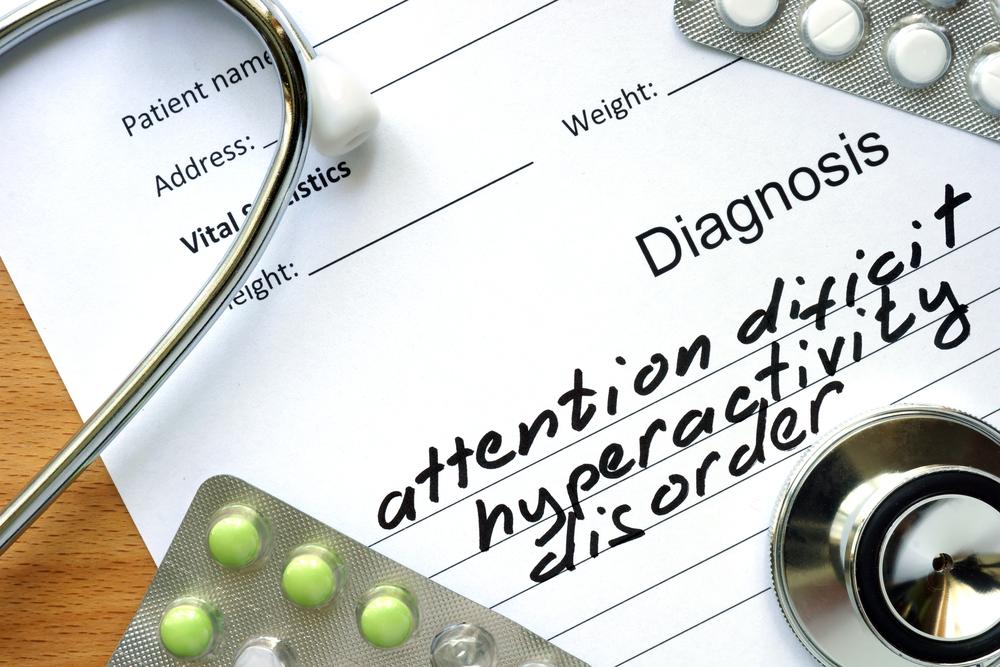Effective Strategies for Managing Adult ADHD
Discover effective strategies for managing adult ADHD, including medication options, behavioral therapies, nutritional support, coaching, and alternative treatments. This comprehensive guide emphasizes personalized approaches and regular medical oversight to improve daily functioning and overall well-being in adults with ADHD.
Sponsored

Managing ADHD in Adults
Managing ADHD in Adults
Attention Deficit Hyperactivity Disorder (ADHD) often begins in childhood but can persist into adulthood for about one-third of individuals. While ADHD is widely recognized in children, approaches to treatment differ for adults. When diagnosed as an adult, options often include medication—such as stimulants—alongside behavioral therapy or coaching. A comprehensive, multi-faceted treatment plan is essential for effective management. Adult ADHD can cause difficulties with time management, organization, goal setting, and maintaining employment.
Challenges also extend to relationships, self-esteem, and susceptibility to addiction. Another form, Inattentive ADHD, involves distraction and difficulty processing instructions, requiring tailored treatment. Personalized strategies combining medication, nutrition, physical activity, and therapy tend to yield the best results. Some adults benefit from supplements, cognitive-behavioral therapy (CBT), and support groups.
Available ADHD Medications
ADHD treatments fall into two categories: stimulants and non-stimulants.
Research indicates medication can be highly effective for adults.
Proper medication can significantly reduce symptoms in many cases.
High success rates are seen with the correct drug and dosage, benefiting around 80% of adults with ADHD.
Popular medications include Adderall, Concerta, Focalin, Vyvanse, Quillivant, and Ritalin (stimulants), and Strattera (non-stimulant).
Role of Behavioral Therapy
Behavior therapy modifies behavior through conditioning techniques.
Creating supportive environments encourages positive behavior.
Consistent reinforcement and clear expectations are key.
This approach effectively replaces negative habits with healthier ones.
Nutritional and Supplement Support
Adjusting dietary habits can assist in managing ADHD symptoms.
Nutrients like fish oil, zinc, iron, and magnesium are beneficial.
Protein and complex carbs help optimize brain function and stabilize mood.
Impact of Coaching on ADHD
An ADHD coach understands the challenges and guides individuals to develop coping skills.
Sessions may occur weekly or via regular calls.
Coaching can involve home visits, assisting with organization, social skills, and goal setting.
Skills like time management and motivation are often focal points.
Alternative and Complementary Treatments
Some combine medication with behavioral approaches.
Others explore options like nutrition, physical activity, meditation, or brain training.
Exercise, even a daily 30-minute walk, can boost attention.
Yoga and acupuncture are also explored as supportive therapies.
Considerations Before Starting ADHD Treatment
Finding the right medication may take time and patience.
Side effects vary; balancing benefits with adverse effects is important.
Regular medical consultation ensures effective management.
Medications manage but do not cure ADHD; combining therapy is advisable.






